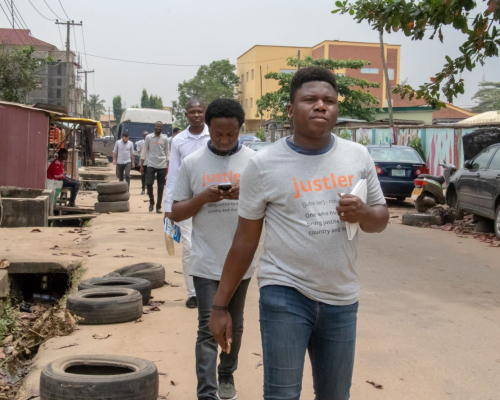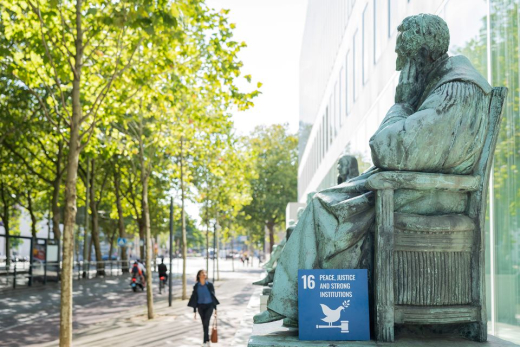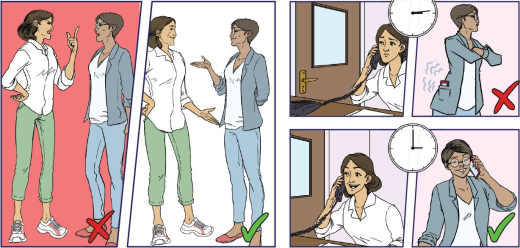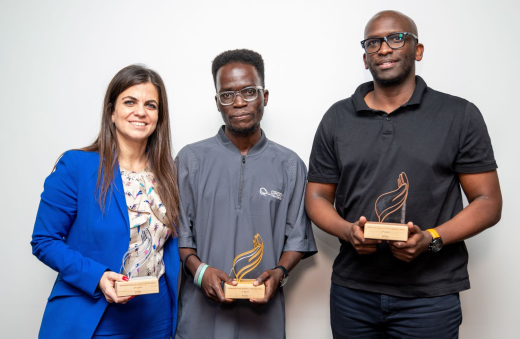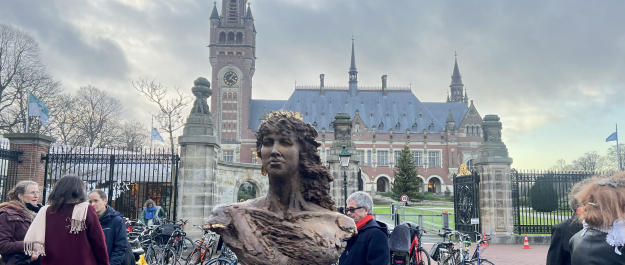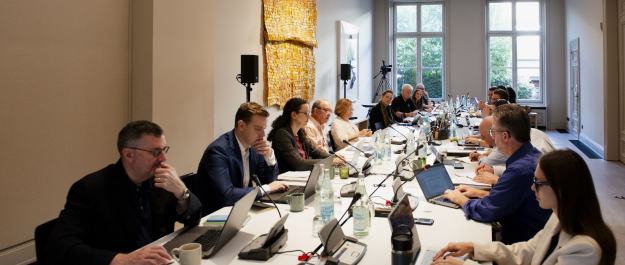UPDATED - Laws and regulations are fundamental cornerstones of any democracy. They dictate rights and obligations of people, organisations and states and thereby help prevent or peacefully resolve conflict. But legal frameworks don’t always match current day reality and are often difficult to understand. The people these laws are meant to protect therefore don’t always have access to the justice they are essentially entitled to. This causes conflicts to linger, people to feel unsafe and brings tension among communities.
Make Justice accessible to all
According to The Hague Institute for Innovation of Law (HiiL), over 70% of the 1 billion people facing a new justice problem globally each year do not find a satisfactory resolution. 30% don’t even feel empowered enough to take action. HiiL is set out to resolve this problem, and make justice accessible to all.
One of their initiatives is the annual 'Justice Matters' event in the Peace Palace. All of their actions are focussed on 'Action to Justice'.
The impact that accessible justice systems have on communities can be transformative. As people get the tools they need to solve conflicts by themselves or with their informal network, they put less claim on the legal system, which can focus on more complex, heavier crimes. Also, it gives people agency in the case of injustice or conflict, which as a consequence makes them feel safe and secure in their communities and homes.
People-Centred justice
Unique in its kind, HiiL was founded in 2005 in The Hague, as a civil society organisation committed to people-centred justice and backed by the Dutch Ministry of Foreign Affairs and the municipality of The Hague. HiiL works at the intersection between citizens and justice authorities, researching opportunities to make justice work. Data-based insights from research in 18 countries form the foundation of their work, and dictate priorities and focus.
81% of Nigerian citizens encounter legal problems
For example, in Nigeria, where HiiL has been working since 2006, HiiL research indicates that 81% of citizens encountered legal problems in 2022. 55% of those legal problems were resolved either partially or completely and the most common legal problem categories are disputes with neighbours, domestic violence, land disputes, crime, and housing problems.
Guidelines for land and family justice
The research also indicates that people in Nigeria often rely on their inner circle when addressing their most pressing legal problems, frequently seeking help from family and friends. Among the outcomes drawing from this research, are guidelines for land and family justice in Ogun state. With these guidelines in hand, citizens, informal and formal advisers can prevent or resolve disputes in a just and peaceful way.
User-friendly contracts
Another way in which HiiL improves access to justice is by supporting game-changing service delivery models. One such innovation is user-friendly contracts which improve clarity in contracts and other legal documents. Two examples are Creative Contracts based in South Africa and Visual Contracts based in the Netherlands. Both startups offer simplified employment contracts which make legalities easy to understand. For example, illustrating formal contracts in the style of a comic book to help illiterate citizens navigate legal documents requiring signatures.
Justice Accelerator programme
As part of a global network of international justice and development organisations, HiiL publicly shares their research, methods, insights and best practices. This way, organisations across the globe can accelerate people-centred justice innovation in their countries and communities. In addition, HiiL supports promising startups that make justice accessible with their annual Justice Accelerator programme. It is the only startup programme and innovation ecosystem builder in the world entirely dedicated to access to justice.
Innovating Justice Fund
Since 2011, the Justice Accelerator has supported 139 startups, some of which are growing fast. Also, HiiL’s Innovating Justice Fund provides funding for startups that are ready for investment. Examples of successful alumni from the Justice Accelerator are Nigerian iVerify, which provides identity and background checks for prospect employees, tenants or businesses, Tunisian Civitas, which is a platform for digital municipal services, and Lexyom from UAE, which provides easy to use legal document creation.
Read more

Justice Matters
At a time when the rule of law is weakening and justice gaps are widening, HiiL is bringing together leaders, policymakers and funders who believe in a better path forward — one where justice systems put people first and help build the foundation for peace, stability, and economic growth. The Justice Matters Conference will be […] ...

Comic Contracts
Robert de Rooy, founder of Comic Contracts, was a legal advisor in South Africa when he began exploring ways to make contracts more accessible. Research led him to the idea of using visuals to support text. He realised that text-heavy contracts often exclude people—especially those with low literacy or unfamiliarity with the local language. In contrast, images are universal and easily understood. This inspired him to develop contracts that communicate rights and duties clearly through pictures as well as words.


Conflict Index
The ACLED Conflict Index is a global assessment of how and where conflicts in every country and territory in the world vary according to four indicators — deadliness, danger to civilians, geographic diffusion, and the number of armed groups.
